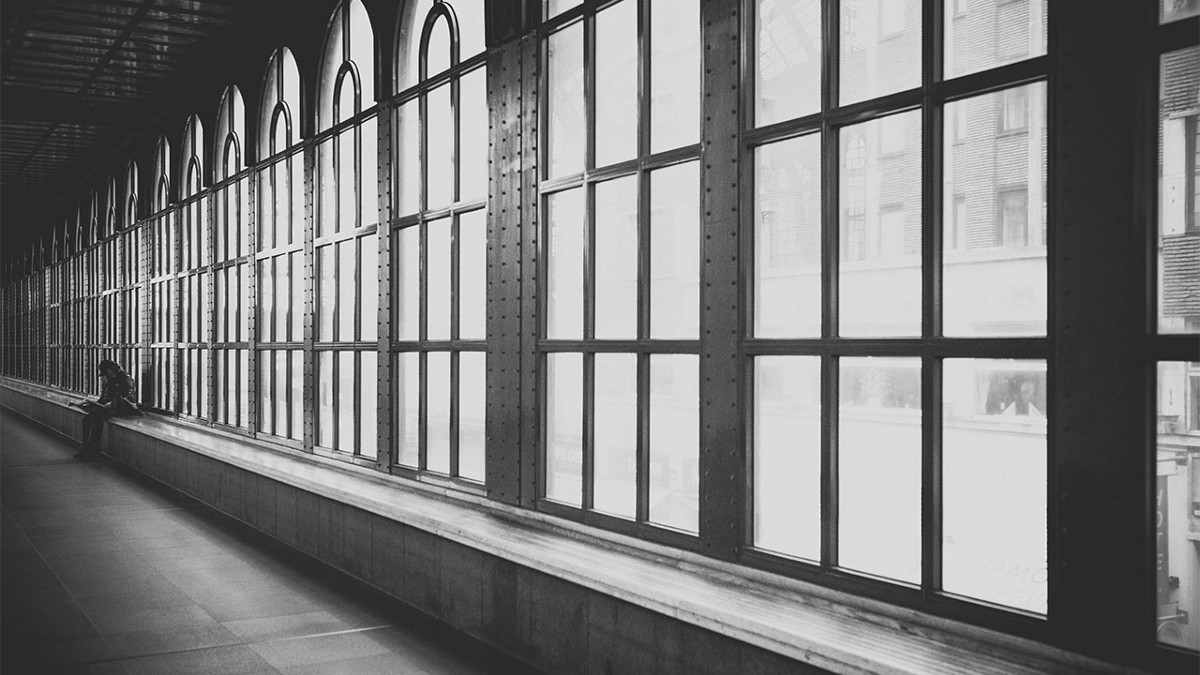
Confronting shame in Slovakia
Speaking grace into student life and culture
My phone buzzed. A Christian student messaged me, saying that she needed to speak to me urgently. “When you hear what I’ve done, there’s no way you’ll want to have anything to do with me”, she warned me. It didn’t take much for me to sense what had happened. A year ago, I’d had a similar conversation with another girl.
So we agreed to meet in a café. I bought her a hot chocolate and something to eat. Before we even started, it was clear what was going on; my intuition hadn’t let me down. Because of my own shameful past (and at times present) I can sense shame a mile away. It is like an invisible, heavy trench coat weighing someone down. The girl was hunched up, eyes down, shoulders slumped, staring somewhere between the edge of the table and the floor as she told me her story.

Will the gospel be enough? Is Jesus sufficient? What can I offer her? She has been clothing herself in shame every morning for the last few days. Moralizing won’t help her. She doesn’t need another lecture. Other Christians she’s told have taken that approach already. She’s well aware that she’s messed up. If I remind her another three times, maybe she won’t get out of bed tomorrow morning. The coat of shame will be too heavy.
What should I say?
Student ministry in Slovakia
It’s not just the two of us who are familiar with the feeling of shame. Shame is a strong influence throughout society here in Slovakia. Sometimes people feel it even when they haven’t done anything wrong. Like when people become Christians, for example. Though there is religious freedom in this country, those who profess faith in Christ bring shame on themselves and on their family, in the eyes of their community.

One student became a Christian last summer. Everyone started gossiping about it. Back in her home town, it was common knowledge that she’d stopped going to Mass; she’d turned her back on Catholicism. Her mother took her to a Catholic exorcist. He pronounced her to have the demon of Protestantism.
Another student became a Christian recently. There’s no evangelical church in her village, and she was scared to go to church with me in the city. She didn’t want to bring shame on her family.
Conversion is not dangerous as it is in some countries. But the shame of being rejected by your community is powerful. The fear of disappointing your family is real. In my case, for example, since becoming a Christian 12 years ago, my grandma has refused to speak to me. So it’s easy to carry a sense of shame projected on to you by family, friends and society.

How the gospel deals with our shame
So what does the gospel have to say to Christians in a shame-based culture? To the student ashamed of her past? To the student accused of having an evil spirit? To the student afraid of going to church? To the staff worker rejected by her grandma?
The gospel gives us the medicine we all need: God’s grace. Grace to cleanse our consciences. Grace to withstand the sting of rejection and the temptation to fit in. Grace to know that we are not defined by what others think of us, but by our new identity in Christ. We might be plagued by our shameful past; or as Christians we might be considered shameful by society. But in Christ we can know complete freedom from shame.
Back to the café. I looked at the broken student opposite, and saw myself. I knew what she needed to hear. Grace. Grace that speaks forgiveness and wholeness and restoration with God our Father through the cross of Christ.
“Cleanse me with hyssop, and I will be clean;
wash me, and I will be whiter than snow.” Psalm 51:7 [NIV]
So we prayed. We read psalms. We talked. We reflected on the truth that Jesus has the power to repair depraved hearts and make us whiter than snow. We thanked God for His grace that takes away our shame, and clothes us with honour.
Reflection by a VBH Slovakia staff worker
